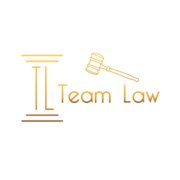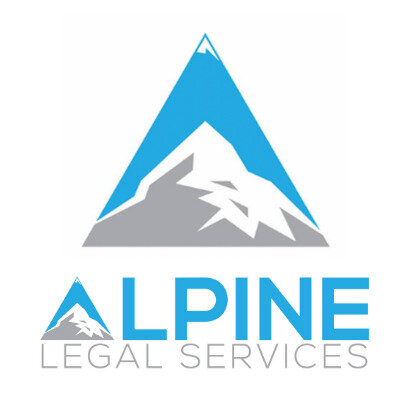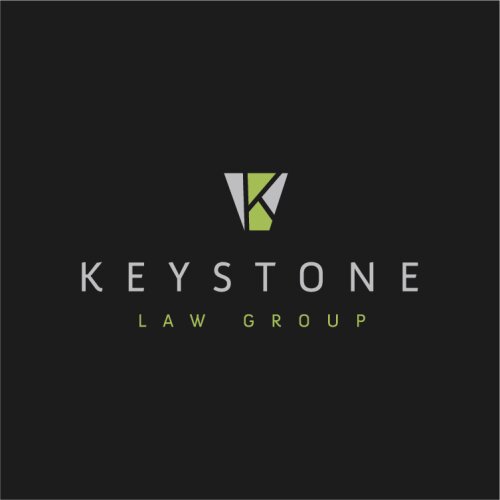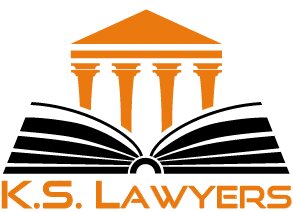Best Mortgage Lawyers in Surrey
Share your needs with us, get contacted by law firms.
Free. Takes 2 min.
Free Guide to Hiring a Real Estate Lawyer
List of the best lawyers in Surrey, Canada
About Mortgage Law in Surrey, Canada
Mortgages are a common way for individuals to purchase real estate in Surrey, Canada. In this process, a borrower obtains a loan from a lender (usually a bank or mortgage company) to purchase a home, and the property serves as collateral for the loan. Mortgage laws in Surrey, Canada govern the rights and obligations of both borrowers and lenders in these transactions.
Why You May Need a Lawyer
You may need a lawyer for various reasons related to mortgages in Surrey, Canada. Some common situations include negotiating mortgage terms, reviewing legal documents, resolving disputes with lenders, handling foreclosures, and ensuring compliance with local laws and regulations. A lawyer can provide valuable legal advice and representation to protect your rights and interests in these transactions.
Local Laws Overview
Key aspects of mortgage laws in Surrey, Canada include regulations governing interest rates, disclosure requirements, foreclosure procedures, and the rights of borrowers and lenders in mortgage agreements. It's essential to understand these local laws to ensure that your mortgage transaction complies with legal requirements and safeguards your interests.
Frequently Asked Questions
1. What is the difference between a fixed-rate and adjustable-rate mortgage?
A fixed-rate mortgage has a stable interest rate throughout the loan term, while an adjustable-rate mortgage has an interest rate that can vary over time based on market conditions.
2. What is mortgage default, and what are the consequences?
Mortgage default occurs when a borrower fails to make payments as agreed in the mortgage contract. Consequences may include foreclosure, damage to credit score, and potential legal action by the lender.
3. Can I refinance my mortgage, and how does it work?
Refinancing allows borrowers to replace their current mortgage with a new one, often at a lower interest rate or with different terms. It can help save money on monthly payments or access equity in the home.
4. What is the role of a mortgage broker in the mortgage process?
A mortgage broker acts as an intermediary between borrowers and lenders, helping borrowers find the best mortgage terms and guiding them through the application process.
5. How does the mortgage approval process work?
The mortgage approval process involves a lender evaluating a borrower's financial situation, credit history, and the property being purchased to determine if they qualify for a loan.
6. What is mortgage insurance, and is it necessary?
Mortgage insurance protects lenders in case a borrower defaults on the loan. It may be required for borrowers with a down payment of less than 20% of the home's purchase price.
7. What are closing costs, and who is responsible for paying them?
Closing costs are fees and expenses associated with finalizing a mortgage transaction. Both the buyer and seller may be responsible for paying certain closing costs.
8. What rights do borrowers have in a mortgage agreement?
Borrowers have rights to receive accurate and complete information about the terms of the mortgage, fair treatment by the lender, and protections against predatory lending practices.
9. How can I dispute a mortgage-related issue with my lender?
If you have a dispute with your lender, you can seek legal advice to understand your rights and options for resolving the issue. This may involve negotiation, mediation, or legal action if necessary.
10. What should I do if I'm facing foreclosure on my home?
If you are at risk of foreclosure, it's essential to seek legal assistance immediately. A lawyer can help you explore options to prevent foreclosure, such as loan modification, short sale, or filing for bankruptcy.
Additional Resources
For more information on mortgage laws in Surrey, Canada, you can visit the Financial Institutions Commission (FICOM) website or contact the British Columbia Real Estate Association (BCREA) for guidance and resources related to mortgages.
Next Steps
If you need legal assistance with a mortgage matter in Surrey, Canada, consider consulting with a qualified real estate lawyer who specializes in mortgage law. They can provide personalized advice and representation to help you navigate the complexities of mortgage transactions and protect your rights throughout the process.
Lawzana helps you find the best lawyers and law firms in Surrey through a curated and pre-screened list of qualified legal professionals. Our platform offers rankings and detailed profiles of attorneys and law firms, allowing you to compare based on practice areas, including Mortgage, experience, and client feedback.
Each profile includes a description of the firm's areas of practice, client reviews, team members and partners, year of establishment, spoken languages, office locations, contact information, social media presence, and any published articles or resources. Most firms on our platform speak English and are experienced in both local and international legal matters.
Get a quote from top-rated law firms in Surrey, Canada — quickly, securely, and without unnecessary hassle.
Disclaimer:
The information provided on this page is for general informational purposes only and does not constitute legal advice. While we strive to ensure the accuracy and relevance of the content, legal information may change over time, and interpretations of the law can vary. You should always consult with a qualified legal professional for advice specific to your situation.
We disclaim all liability for actions taken or not taken based on the content of this page. If you believe any information is incorrect or outdated, please contact us, and we will review and update it where appropriate.












